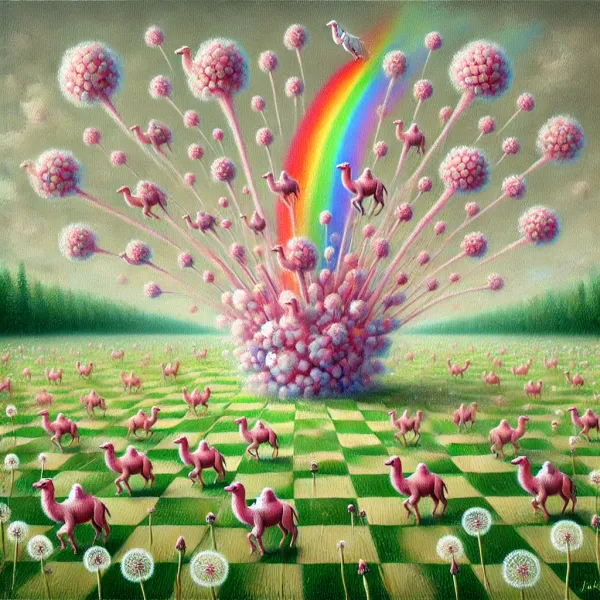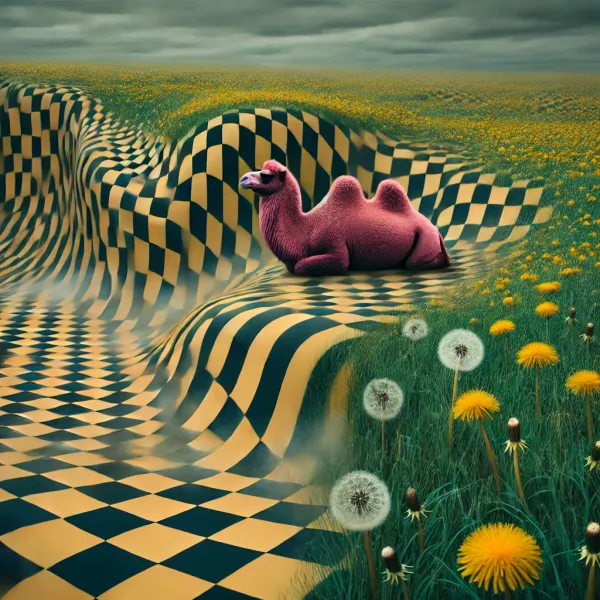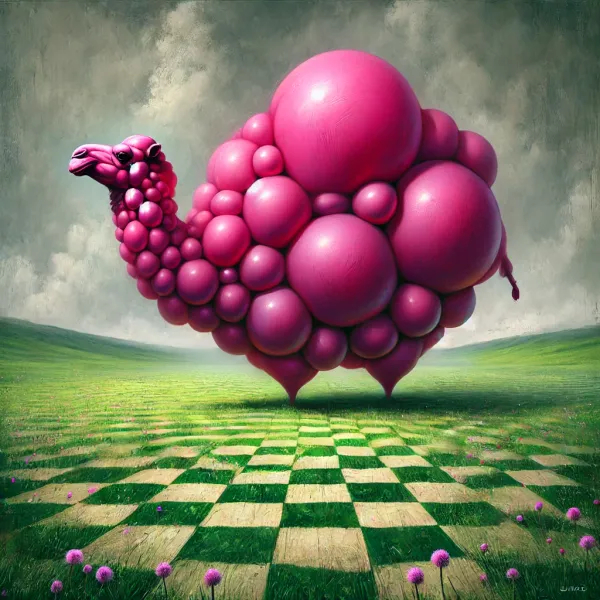101 Things that can be different in the future: #1 Marriage
Are you ready for a world in which AI-powered dApps match and directly marry you with the supposedly perfect partner for you? Maybe even an…
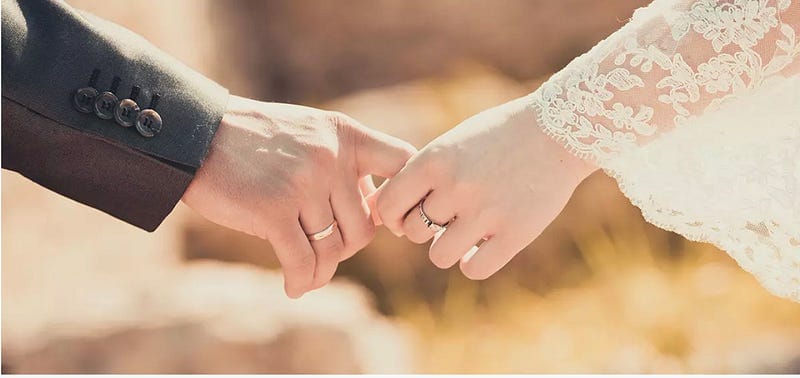
Are you ready for a world in which AI-powered dApps match and directly marry you with the supposedly perfect partner for you? Maybe even an android…
When we think of marriage today we think about two people in love and parties, wedding dresses, gifts, dance, and rings. But this way of seeing marriage is relatively new in human history. Let’s take a look back before we look forward.
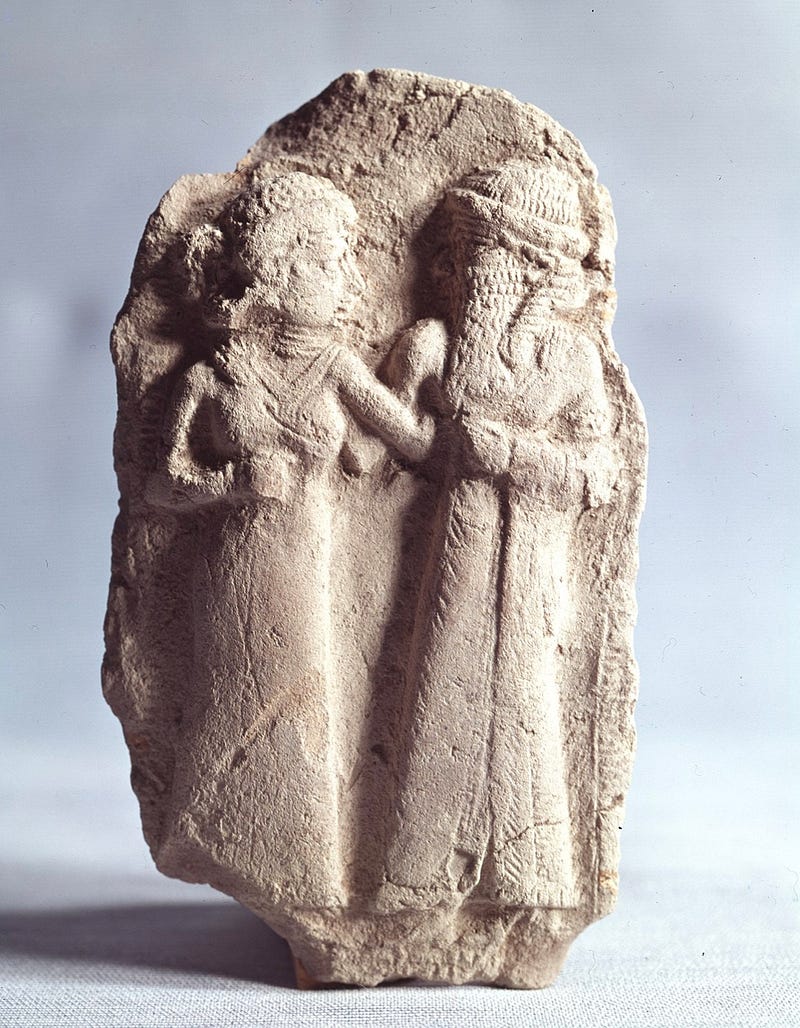
The institution of marriage is roughly 5000 years old. For all the thousands of years before humans lived in more or less loose tribes. The first records of a wedding in the sense of binding a woman to a man via a contract, date back to ancient Mesopotamia approx. 2,350 B.C. (1). After that, the concept was widely adapted throughout all civilizations.
Were they a matter of love or even emotion?
No, for a long period they were practical unions.
Whereas today marriage is a social contract between two people, over centuries marriage was a social contract between two families, to serve economic or political reasons.
Furthermore it should ensure that the offspring of any sexual relationship is the true heir to the man. In various cultures being married to several wives and having concubines was socially accepted, though this freedom was given to the respective men only. The women had to stay home and attend to the family and the household.
In ancient Rome, there are records that homosexual marriage was possible even if not widely common.
But what happened? How did we take the way to love marriage then?
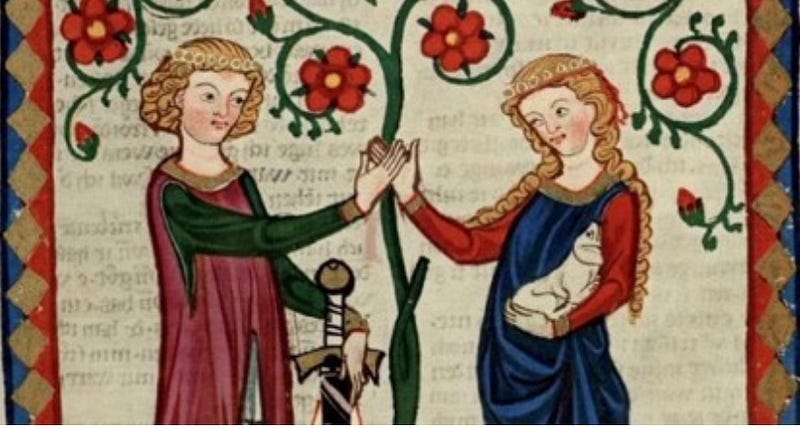
Well, first religion came into the picture.
The conquest of the roman catholic church brought with it that marriage was only accepted as such, of the ceremony was conducted in form of a sacrament by a priest. This changed marriage fundamentally because the laws of the church also bound the men to a certain behavior (and this was also the point where homosexuality became stigmatised).
But where is the love?
Only in the middle ages when knights and romance became part of human history was the idea that you marry someone you love introduced. But this idea was only for the privileged ones. The standard was still the practical aspects of marriage being economical or political alliances (and do not forget that not all people were even allowed to marry).
The next big change was the right to vote for women, established in the 1920s (and still on the way). With the right to vote women were recognized as full citizens, which strengthen their role in marriage as well.
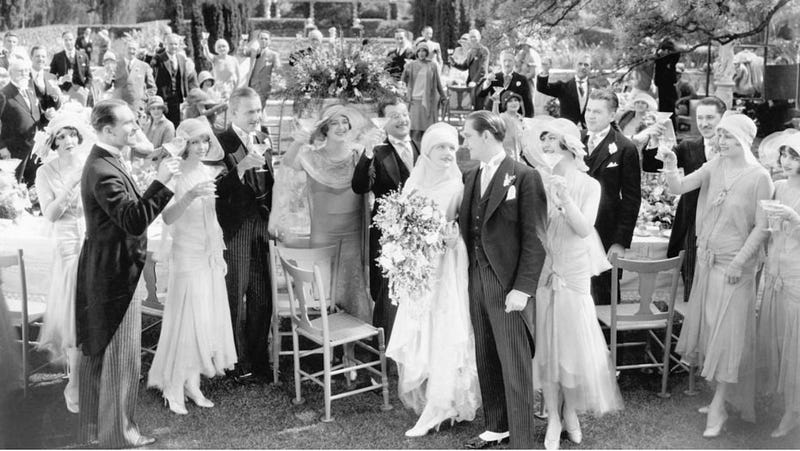
Throughout the last century, changes increased: more rights for women, divorce laws, same-sex marriage. All those changes happened between the 1960s and today.
So where are we today with marriage?
According to Our World in Data (2) the institution of marriage is becoming less popular in the western world. Since cohabitation and even having children is not bound anymore to a ring on your finger, more and more young people decide against marriage.
Divorce figures show that after a general rise throughout the 1970s and 1980s in several western countries a decline can be seen. But this cannot be generalized.
Where are we heading?
Matching platforms already use machine learning to improve the matching. Since AI can process all data available it is claimed that the matching improves.
Marrying online is already there.
In India, a couple married on the blockchain at the beginning of February 2022. Whereas the idea is not completely new (the first ceremony was done already back in 2014) this is a signal that marriage is also going in a decentralized direction. (3)
The world population is migrating and still, marriage laws demand a set of documentation in a certain language etc. The blockchain approach could simplify those procedures tremendously.
But this is not only an opportunity for a two people’s marriage.
Single parenting is more likely than ever (just connect the dots of marriage decreasing and uncoupled from getting children). But as the old wise saying goes: You need a village to raise a child. Can we think of a future where we learn from our ancestors and start thinking of marriage as a union of more than two people? Blockchain would enable a legal basis for such relations.
Besides blockchain is the underlying megatrend of AI. Already matching platforms use machine learning to optimize the results of matchmaking.
More geeky headlines are people marrying robots or holograms (4). When you consider that most of this news comes from regions where the gender ratio (so how many men in relation to how many women are born) is 115/100, this appears to make sense.
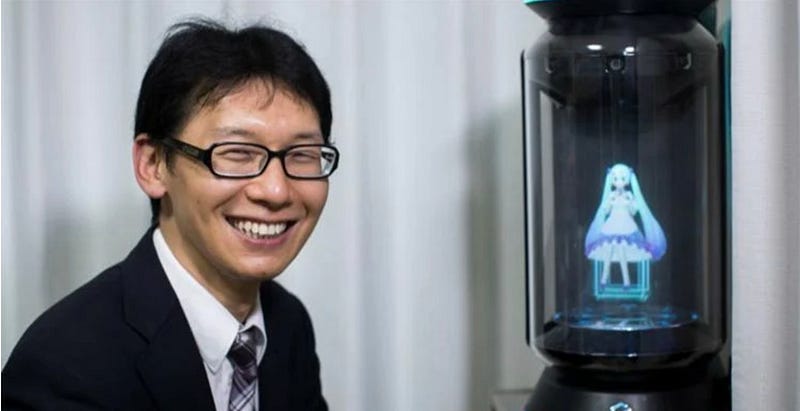
As AI is advancing and robots become more humanoid by the hour — maybe policymakers should already be thinking of how to treat this legally and even globally. (see also Medium article: https://medium.com/syncedreview/the-time-to-marry-ai-may-come-soon-c7c1b1f6a0c Synced Global).
So, to raise the question from the beginning:
Are you ready for a world in which AI-powered dApps match and directly marry you with the supposedly perfect partner for you? Maybe even an android…
The signals are there.
Is this a world you want to live in? Think about it if you swipe right or left next time…
This article is part of the series 101 Things that can be different in the future. If you are interested in any specific topic or have other signals to show please comment or reach out to me Eva Tomas Casado.
Sources:
(1)https://theweek.com/articles/528746/origins-marriage
(2)https://ourworldindata.org/marriages-and-divorces
(3)https://www.indiatimes.com/technology/news/india-first-couple-marriage-on-blockchain-561474.html
(4) https://electronics360.globalspec.com/article/13207/robot-human-marriages-the-future-of-marriage

